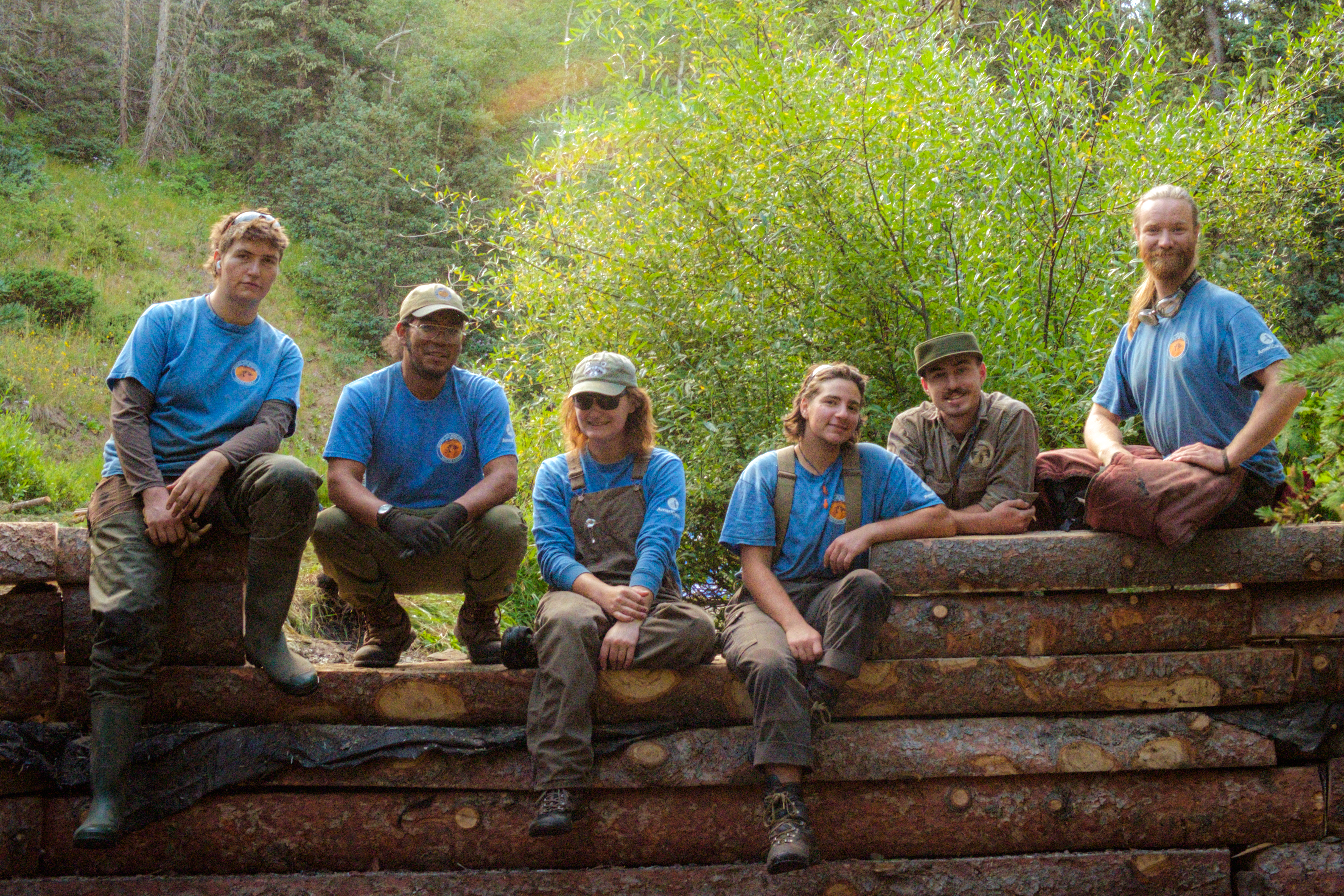
An outdoor classroom for land stewardship—and life skills
Rocky Mountain Youth Corps gives young adults training in landscape conservation, and in the process they also learn how to be part of a greater community.

Rocky Mountain Youth Corps gives young adults training in landscape conservation, and in the process they also learn how to be part of a greater community.
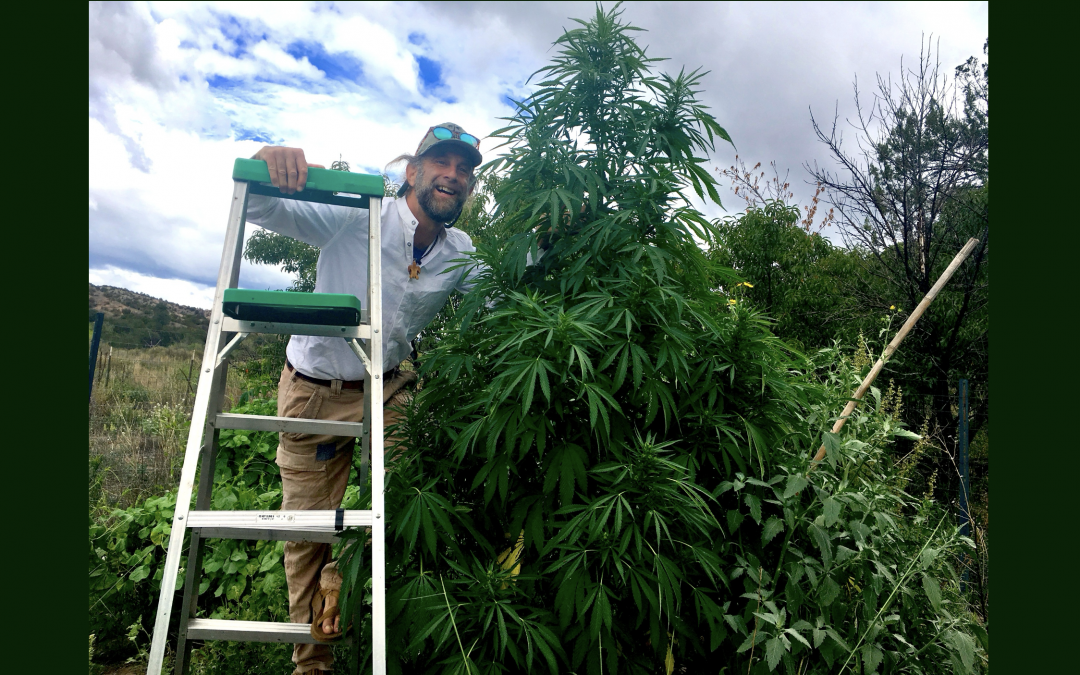
Journalist-filmmaker-farmer-comedian Doug Fine left the New York suburbs to settle in New Mexico, where he cultivates hemp as well as goats, chickens, and produce. He’s an advocate for regenerative farming and rural living.
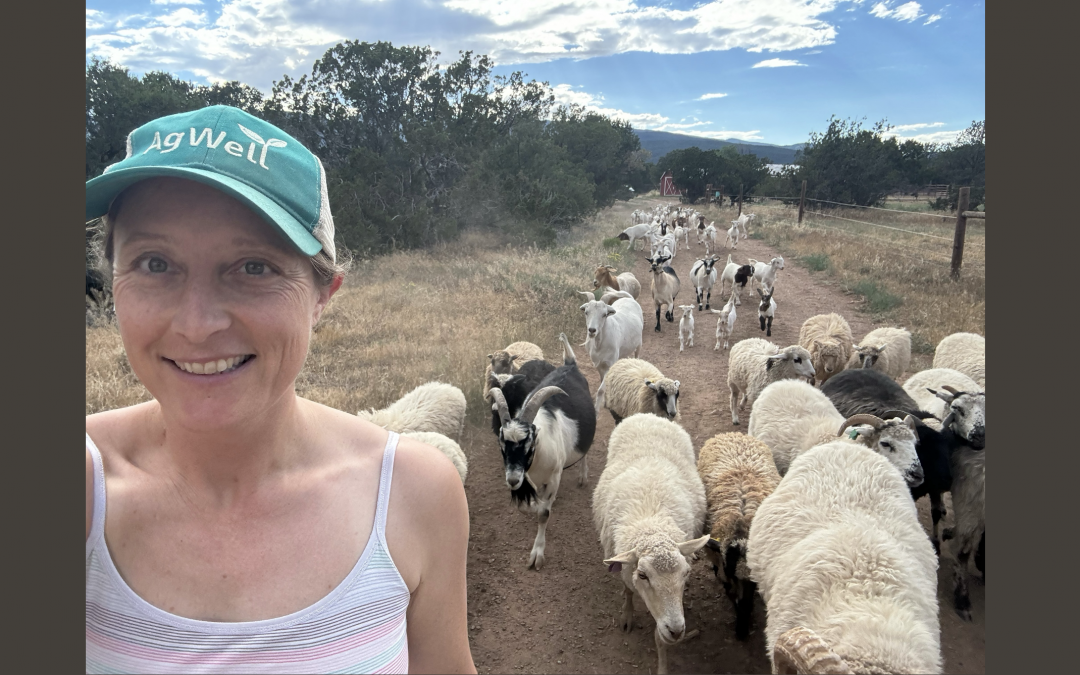
Quivira Coalition’s executive director Sarah Wentzel-Fisher began as an artist and creative writer, and got interested in communities and food systems. Her path led to a life of both non-profit leadership and farming.

Phoebe Suina draws on advanced studies in engineering and management and deeply held cultural values and knowledge of the land to lead a native- and woman-owned environmental restoration company.
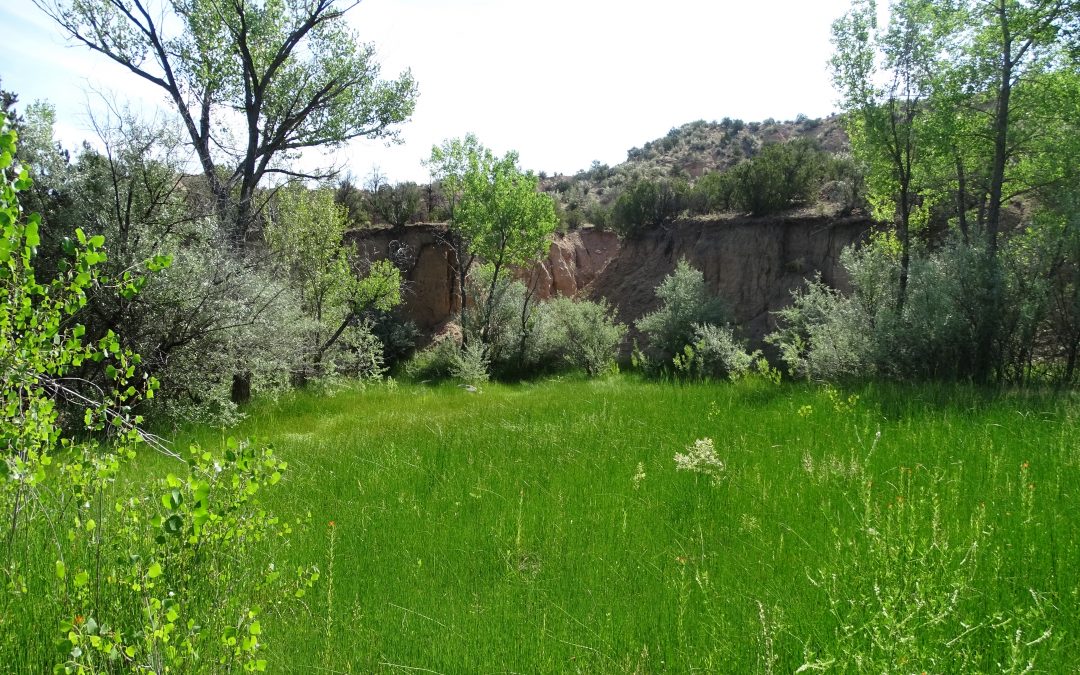
How do you restore an entire forest, or mountain, or watershed? Landscape planner Jan-Willem Jansens has been doing it for decades, and the key is…collaboration.
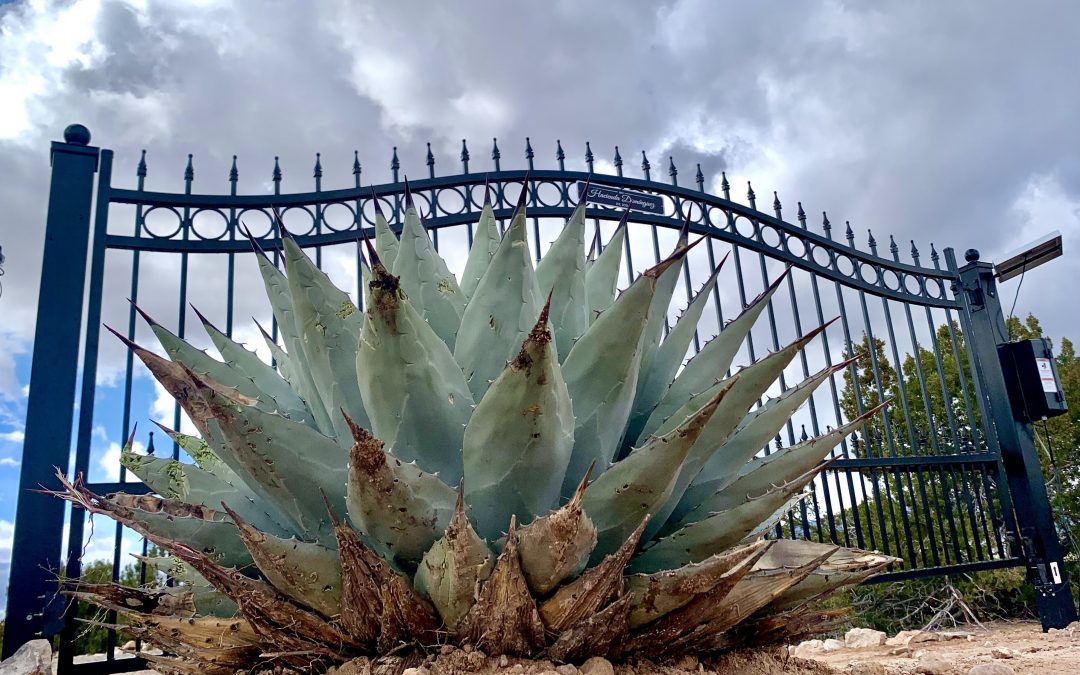
Lorenzo Dominguez and his family left the lucrative but stressful world of New York business in order to get more connected to land, people, and food. Two years in, their New Mexico farm is already a center for production and learning.
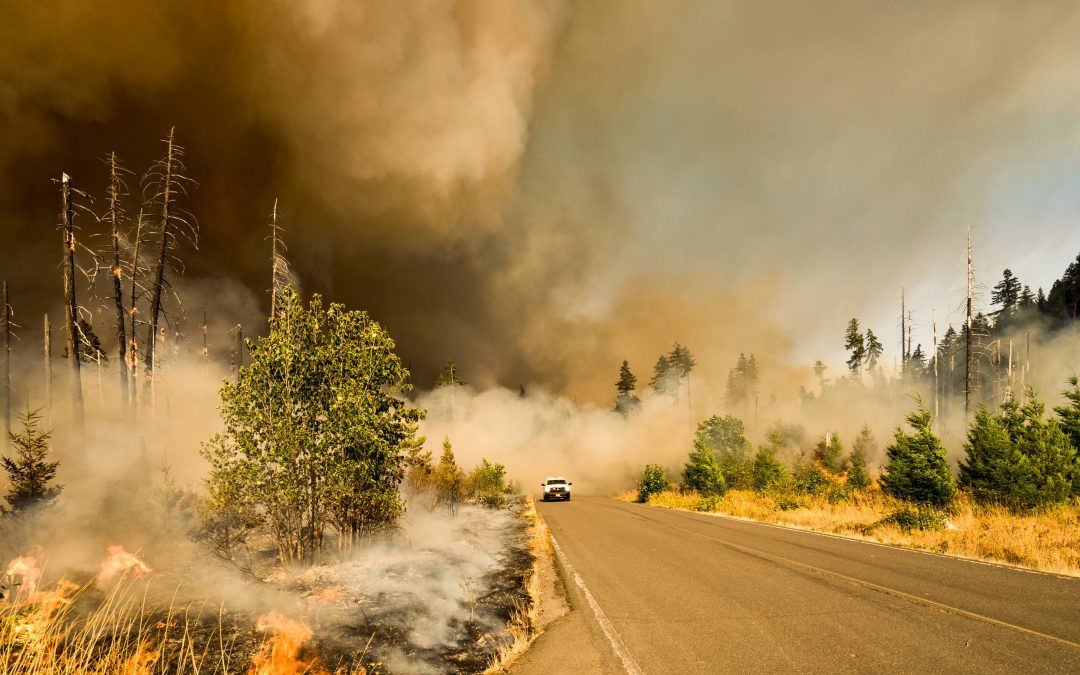
Many entities, public and private, are working to help agrarians whose livelihoods are disrupted. But what do they do, how do they coordinate…and what are the sticky points?
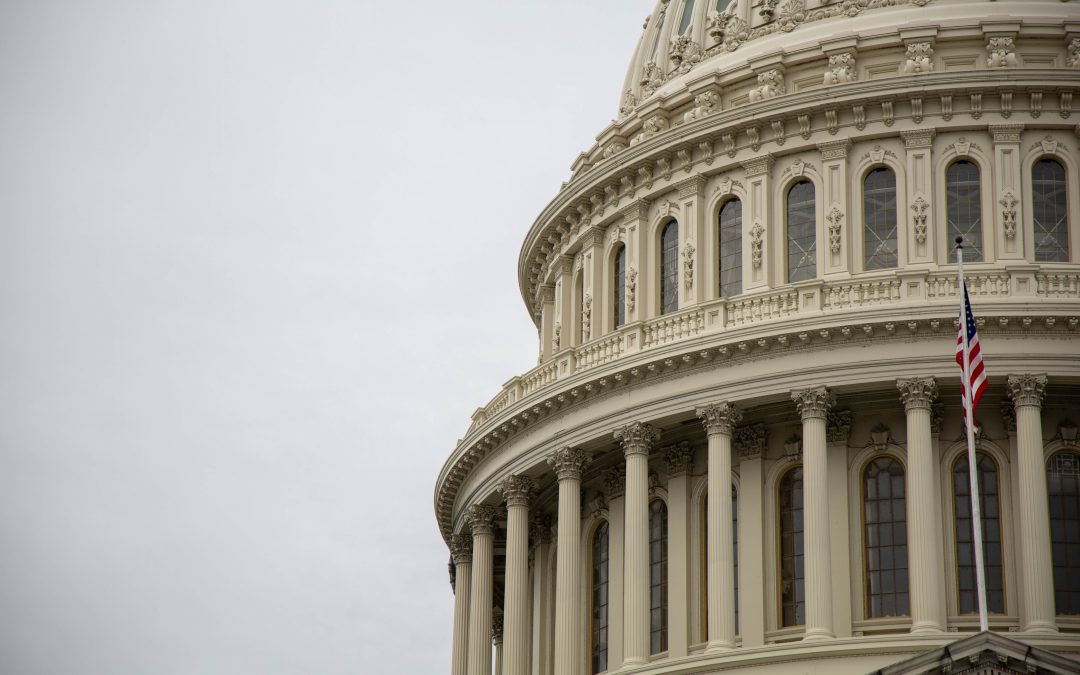
New Mexico Congresswoman Teresa Leger Fernandez is working not only to help the people and businesses affected by fires and floods, but also to build back land that is more resilient. All of which is easier said than done.
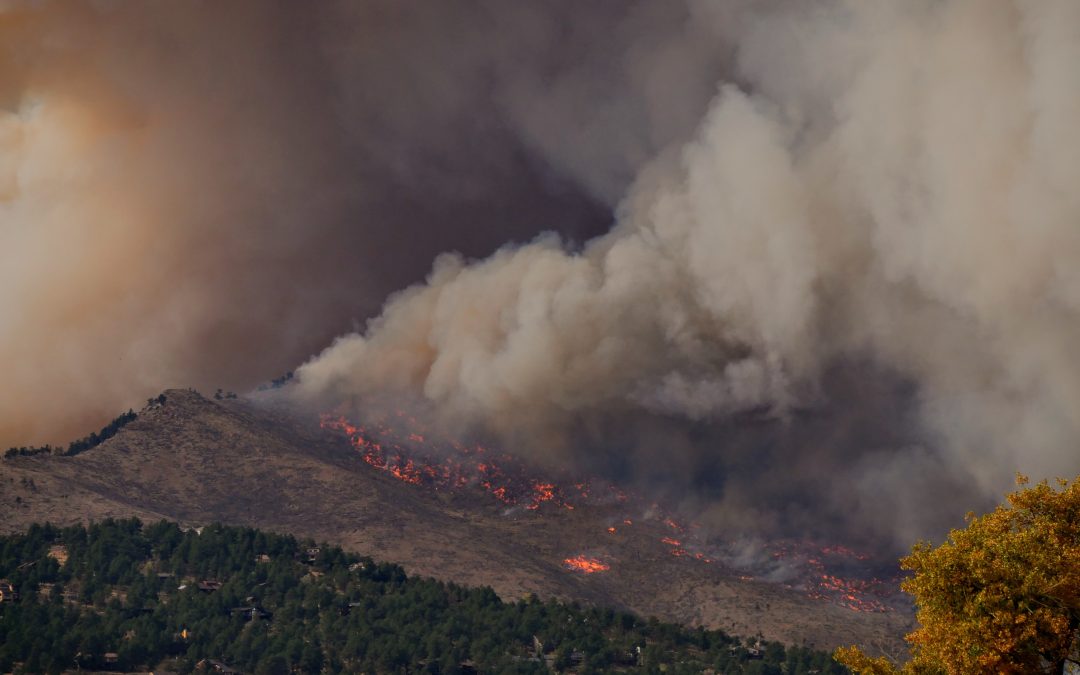
Wildfires across the West are burning out of control and causing catastrophic losses to landscapes and communities. How did we get here, and how can we better manage fire in the future? Lesli Allison walks us through the complexities and dangers––and the critical importance of land management.
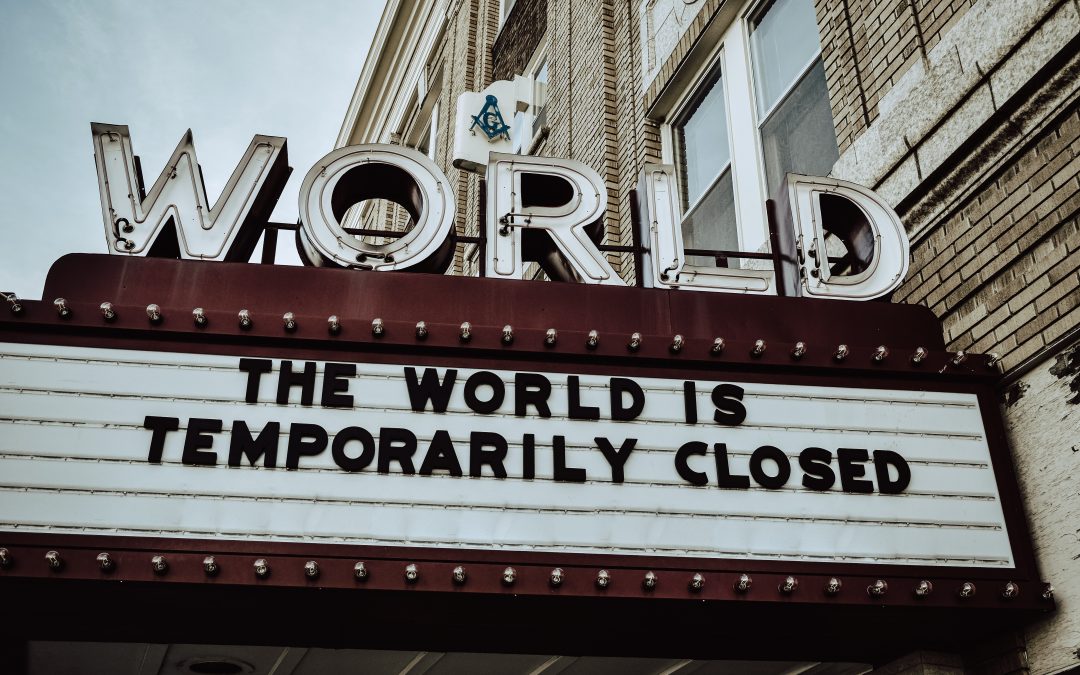
Many of our “essential workers” pay into the unemployment system but get nothing back when they’re unemployed—because of their immigration status. We talk to organizer Marcela Diaz about the challenges—and opportunities—of the global pandemic.